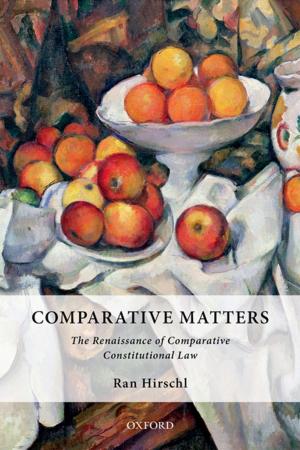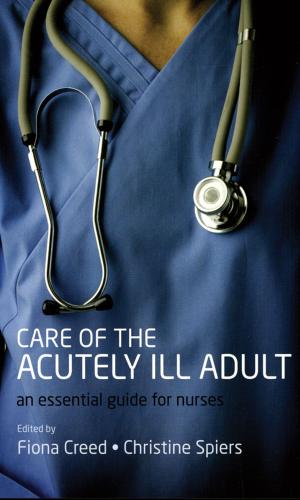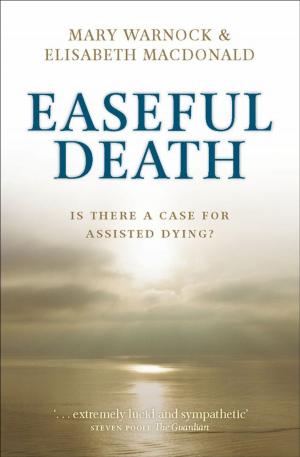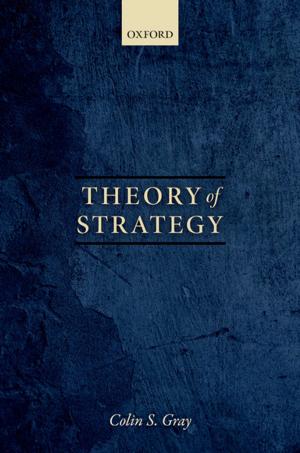Self-Determination
The Ethics of Action, Volume 1
Nonfiction, Religion & Spirituality, Philosophy, Metaphysics, Ethics & Moral Philosophy| Author: | Thomas Pink | ISBN: | 9780192508065 |
| Publisher: | OUP Oxford | Publication: | December 1, 2016 |
| Imprint: | OUP Oxford | Language: | English |
| Author: | Thomas Pink |
| ISBN: | 9780192508065 |
| Publisher: | OUP Oxford |
| Publication: | December 1, 2016 |
| Imprint: | OUP Oxford |
| Language: | English |
Thomas Pink offers a new approach to the problem of free will. Do we have control of how we act, so that we are free to act in more than one way, and does it matter to morality whether we do? Pink argues that what matters to morality is not in fact the freedom to do otherwise, but something more primitive - a basic capacity or power to determine for ourselves what we do. This capacity might or might not take the form of a freedom to act in more than one way, and it might or might not be compatible with causal determinism. What really matters to morality is that it is we who determine what we do. What we do must not simply be a function of powers or capacities for which we are not responsible, or a matter of mere chance. At the heart of moral responsibility is a distinctive form of power that is quite unlike ordinary causation - a power by which we determine outcomes in a way quite differently from the way ordinary causes determine outcomes. Pink examines how this power is involved in action, and how the nature of action permits the operation of such a power to determine it.
Thomas Pink offers a new approach to the problem of free will. Do we have control of how we act, so that we are free to act in more than one way, and does it matter to morality whether we do? Pink argues that what matters to morality is not in fact the freedom to do otherwise, but something more primitive - a basic capacity or power to determine for ourselves what we do. This capacity might or might not take the form of a freedom to act in more than one way, and it might or might not be compatible with causal determinism. What really matters to morality is that it is we who determine what we do. What we do must not simply be a function of powers or capacities for which we are not responsible, or a matter of mere chance. At the heart of moral responsibility is a distinctive form of power that is quite unlike ordinary causation - a power by which we determine outcomes in a way quite differently from the way ordinary causes determine outcomes. Pink examines how this power is involved in action, and how the nature of action permits the operation of such a power to determine it.















